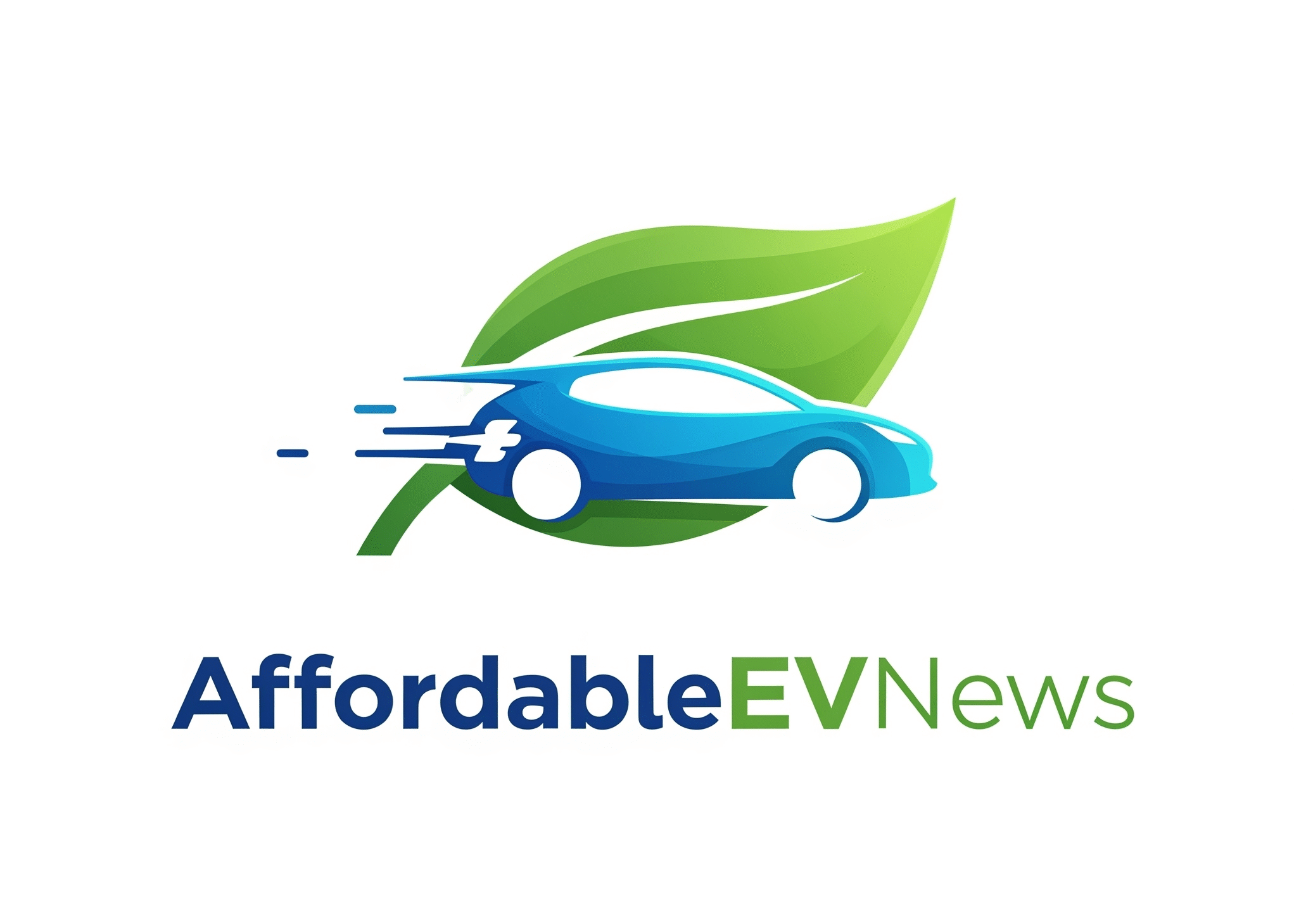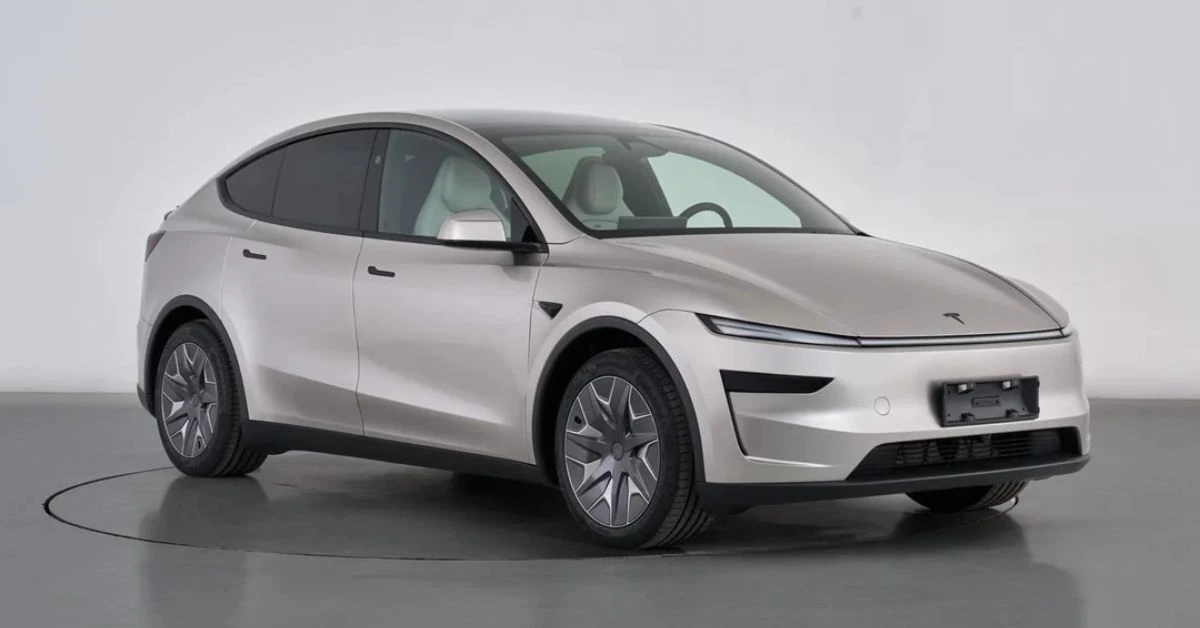Tesla is expanding its China lineup with a 6-seat Model Y L and a long-range Model 3+, targeting family buyers and range-conscious drivers. Here’s how these moves counter local rivals like Nio and Li Auto.
Introduction
China’s EV market is a battleground, and Tesla is arming itself with fresh artillery. This autumn, the 6-seat Model Y L arrives, followed by the high-efficiency Model 3+—a sedan promising 800+ km of range. With local brands like Nio and Li Auto dominating premium family SUVs, and BYD undercutting on price, Tesla’s new models are strategic strikes to reclaim momentum.
1. The 6-Seat Model Y L: Tesla’s Family Play
Bigger, Bolder, But Pricier
Tesla’s first 6-seater SUV in China, the Model Y L, is 18.9 cm longer than the standard Model Y, with a 15 cm wheelbase stretch—translating to more legroom and cargo space. Key specs:
| Feature | Model Y L (6-Seat) | Standard Model Y (5-Seat) |
|---|---|---|
| Length | 4,976 mm | 4,797 mm |
| Wheelbase | 3,040 mm | 2,890 mm |
| Battery | LG ternary | CATL LFP (base) |
| Price (est.) | ¥400,000 (~$55,710) | From ¥263,500 (~$36,700) |
Why It Matters:
- Competes directly with Nio’s Onvo L90 (¥279,900) and Li Auto’s i8 (launching July 29).
- Targets China’s booming 3-row SUV segment, where Tesla has been absent.
- Higher price risks alienating budget buyers—BYD’s 7-seat Tang EV starts at ¥299,800.
Challenges:
- Model Y sales in China fell 17.48% YoY in H1 2024.
- Local brands offer cheaper, feature-packed alternatives (e.g., Onvo’s swappable batteries).
2. Model 3+: The Range King
800 KM on a Single Charge?
Tesla’s new Model 3+ variant, filed with China’s MIIT, could be its longest-range car yet, thanks to:
- 225 kW single motor (vs. 194 kW in base Model 3).
- LG ternary batteries (higher energy density than LFP).
- Projected CLTC range: 800+ km (vs. 753 km for AWD Model 3).
Key Specs:
- Identical dimensions to other Model 3s (4,720 mm long, 2,875 mm wheelbase).
- Top speed: 200 km/h, curb weight: 1,760 kg.
Strategic Edge:
- Appeals to range-anxious buyers—critical in China’s vast geography.
- Single-motor efficiency lowers production costs vs. dual-motor setups.
- Counteracts BYD’s Seal, which offers 700 km CLTC for ¥229,800.
Sales Context:
- Model 3 sales dropped 8.35% YoY in June, but H1 2024 still saw 30.38% growth.
3. Tesla’s China Problem—And How These Models Fix It
China’s EV market is cutthroat, with BYD, Nio, and Li Auto out-innovating on:
- Price (BYD’s Seagull starts at ¥69,800).
- Features (Nio’s battery-swap stations).
- Localization (Li Auto’s hyper-targeted family SUVs).
Tesla’s Counterattack:
✅ Model Y L: Fills the 6-seat gap, appealing to multi-child families.
✅ Model 3+: Battles range wars, leveraging LG’s ternary tech.
⚠️ Risks: High pricing (Model Y L) and ternary batteries’ cold-weather performance could deter buyers.
4. The Road Ahead
- Autumn 2024: Model Y L launch.
- Q4 2024: Model 3+ deliveries.
- Watch: Tesla’s Q3 earnings call for China demand updates.
Final Thought:
Tesla isn’t just selling cars in China—it’s fighting for relevance. These models are tactical, but success hinges on localized marketing and post-purchase perks (think: better charging deals). If not, rivals will keep eating its lunch.
Tesla’s New Models vs. Key Competitors
| Model | Price (RMB) | Seats | Range (CLTC) | Key Rival |
|---|---|---|---|---|
| Tesla Model Y L | ~400,000 | 6 | TBD | Nio Onvo L90 |
| Tesla Model 3+ | TBD | 5 | 800+ km | BYD Seal |
| Nio Onvo L90 | 279,900 | 6 | 555 km | Li Auto i8 |
| BYD Tang EV | 299,800 | 7 | 700 km | Volkswagen ID.6 |
Which model would you choose—Tesla’s new offerings or a local alternative? Drop your take below! 🔥

